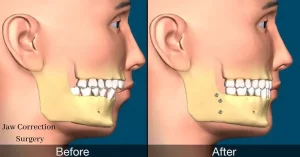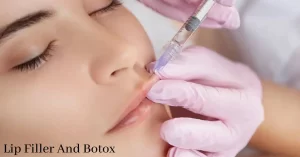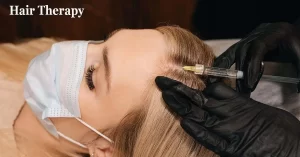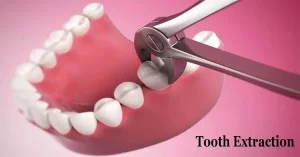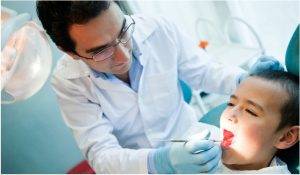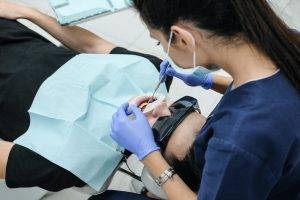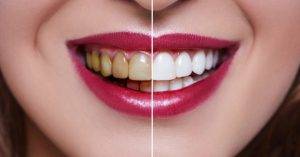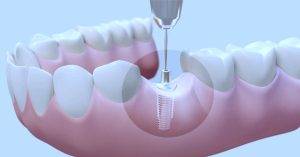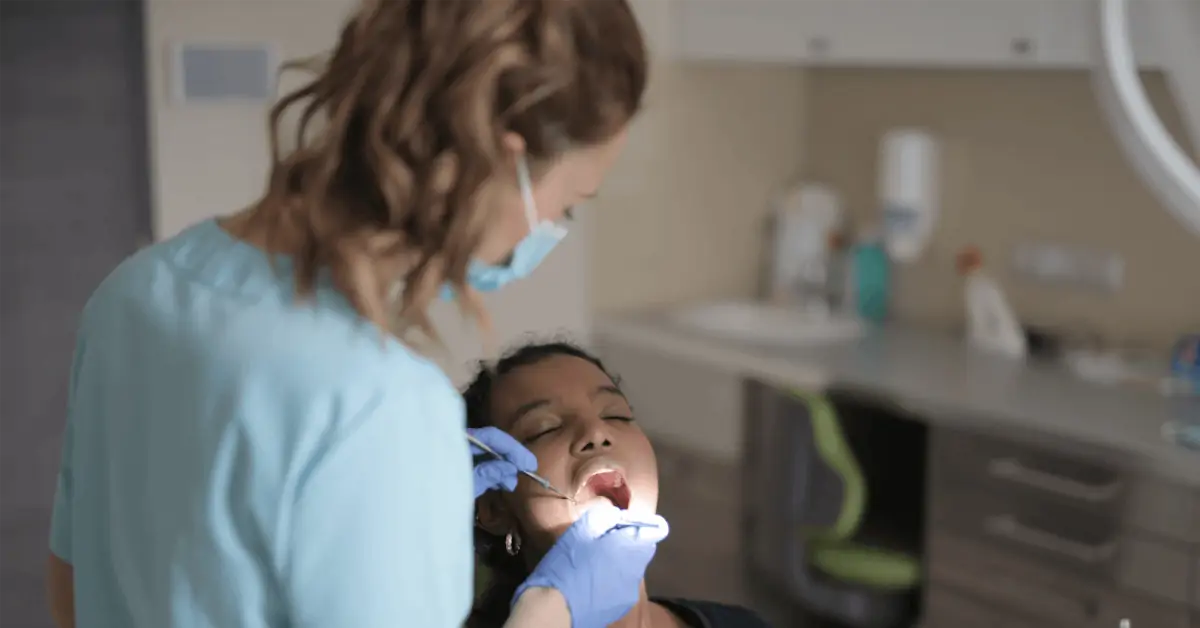
Are you about to get your wisdom teeth out? Not sure what to expect? Read with us what to expect before, during, and after wisdom teeth removal………
An impacted wisdom tooth can cause serious health issues. It can damage other teeth, lead to cysts, gum disease, and even cysts or benign tumors. If your dentist has recommended wisdom teeth removal, read on. We’ll explain exactly what you can expect before, during, and after the tooth extractions.
Before Wisdom Teeth Removal Surgery
Before your tooth extraction procedure, you will meet with the oral surgeon. At this meeting, you will discuss any questions you have about tooth extraction and wisdom teeth recovery.
The surgeon will ask you about any medications you take and go over your health history.
You’ll discuss the type of anesthesia he or she will use for the tooth extraction surgery. You’ll then schedule an appointment for your wisdom teeth removal.
During Surgery
Typically, wisdom teeth removal surgeries take about 30-45 minutes. The tooth extraction is not painful because you will be under the influence of anesthesia. You might be able to choose between general, oral sedation, or IV sedation. Or your surgeon will recommend the best option for your procedure. Either way, you will be numb or asleep during the entire wisdom teeth removal process. Once you are completely anesthetized, your surgeon will use dental surgical instruments to cut your gums to remove the wisdom teeth.
The surgeon will stitch the wounds shut so your gums can heal quickly. These stitches dissolve on their own after a few days or you can get it removed after 7 days.
Aftercare on the Day of Your Surgery
You will feel a little groggy after your tooth extraction surgery. You can expect some swelling and pain and a little blood in your mouth.
Your doctor will advise you on how to treat the pain. It could be with prescription painkillers or over-the-counter medicine.
Once you feel ready, you will be able to go home. You can’t drive for a certain amount of time after general anesthesia so you will need a ride home.
For the rest of the day, you will need to take it easy. You will probably spend the rest of the day sleeping or resting on your bed or a couch.
Wisdom Teeth Recovery
You must take care of your mouth when you get home to avoid infection or any complications.
Follow the instructions of your surgeon exactly.
Likely, your surgeon will advise you not to brush your teeth, rinse your mouth, or floss for 24 hours.
He or she might tell you to rinse your mouth with saltwater. If so, do not spit. Just let the water trickle out of your mouth into the sink.
The dentist will give you lots of gauzes to take home. Feel free to change your gauze as often as you need. The gauze will absorb excess blood.
You should be able to resume your regular activities two or three days after wisdom teeth removal.
Manage Your Pain
Your doctor may prescribe antibiotics to prevent infection. He or she will tell you how often to take pain relief medicine and for how long.
Take the pain medication on time to avoid feeling unnecessary pain.
What to Eat After Wisdom Teeth Removal
You can eat right away after your wisdom teeth removal. But you might not have much of an appetite right after your tooth extractions.
For the first few days of wisdom teeth recovery, you should eat soft foods that don’t need you to chew. You also need to be careful not to disrupt your stitches when eating.
Start with soft foods such as pudding, ice creams, smoothies, and milkshakes. Remember, staying well hydrated is crucial for your recovery.
Make sure you avoid eating foods that are very hot. These could burn your tender gums at the site of the tooth extractions.
Also don’t eat any nuts, seeds, or hard, crunchy foods that can get stuck in the holes where your wisdom teeth were.
Making a Full Recovery
Most people fully recover from your wisdom teeth removal after 5-7 days. But, if you had an impacted wisdom tooth, your recovery could be as long as a week. Yet, the pain and swelling should be much improved by the third day.
Though your surgical wounds will take months to fully heal, you should be able to resume normal activities after a day or so. You should avoid smoking, heavy exercise, drinking from a straw for a while yet.
You can develop an infection even weeks or months after wisdom tooth removal. Make sure to make your oral hygiene a top priority.
If you develop excessive bleeding, unbearable pain, fever, more and more swelling, numbness, or blood or pus coming out of your nose, contact your doctor immediately.
Complications such as these could mean you may be having nerve damage which normally comes after some time or an infection.
Final Thoughts on Wisdom Teeth Removal
Wisdom teeth removal is a safe and common outpatient procedure. With proper care, you should not be too uncomfortable during wisdom teeth recovery. Always speak to your oral surgeon about any concerns you have ahead of time. He or she will be able to reassure you and answer any questions you might have.
MUST GET YOURSELF TREATED FOR A WISDOM TEETH SURGERY BY AN ORAL & MAXILLOFACIAL SURGEON WHO IS SPECIALISED TO PERFORM THESE SURGERIES. YOU CAN ASK YOUR DENTIST FOR THE SAME SPECIALIST FOR YOUR SURGERY.
Frequently
Asked Questions
Although funny to hear this tooth has no relation to your wisdom. They are named so because their time of eruption in the oral cavity coincides with the age where most of us start to get matured i.e. around the age of 17-18 years.
Your wisdom tooth starts to erupt in your mouth around the age of 17-18 years and gets completely erupted into its appropriate position around the age of 20-21 years.
You must consider removal of your wisdom tooth if; It has not reached its final position even after 21years of age.
Every tooth inside our mouth is supposed to erupt into its proper position by a certain age group, failure to which can be because of following reasons;
- Not enough space available inside the oral cavity for tooth eruption.
- The path of eruption is either blocked by bony growths or soft tissue growth.
- Tooth was not present inside the jaw bone.
- Because of genetic reasons; our jaws have been reduced in size over the period of evolution.
Your dentist will evaluate the Pros and Cons of your situation and will plan the tooth removal accordingly. However, most dentists generally advise removal of such a tooth as later in life, it can give rise to cysts or tumours.
Most of the impaction surgeries are carried out in local anaesthesia where you will be able to resume your normal activities , immediately after surgery.
However, in certain cases like anxious patients and high pain sensitivity patients conscious sedation can be used along with local anaesthesia just to calm your nerves. You will be able to resume your normal routine 24 hours after surgery.
In some cases like removal of all four wisdom teeth your dentist might plan to carry out the surgery in general anaesthesia also. In such a scenario you will be able to resume your daily routine once the team of doctors advises you.
Consult a dentist. This might be a sign of infection in your last molars. A complete clinical examination will help to find the best course of treatment for you.
It is always advisable not to delay the surgery if your dentist has advised you. However , after a thorough clinical examination your dentist might be able to give a timeline of 7-10 days depending upon your situation.
When viewed on an X- Ray depending upon the position of impacted tooth , it can be categorised as following;
- MESIOANGULARr: a position where your wisdom tooth is tilted towards the adjacent tooth. Some part of the tooth will be visible inside the mouth.
- DISTOANGULAR: a position where your wisdom tooth is tilted away from the adjacent tooth. Some part of the tooth is visible inside the mouth.
- VERTICAL: a position where the wisdom tooth is lying parallel to the adjacent molar tooth. Also known as standing position.
- HORIZONTAL : a position where your tooth is lying completely inside the jaw bone perpendicular to the adjacent molar tooth. Also known as sleeping position since the tooth appears to be lying down when viewed on X-Ray while all the tooth appears standing.
No! Slight discomfort and pain will be there post procedure but, your dentist will keep you on some medications for 3-5 days to take care of it.
You might experience some needle prick pain once the local anaesthesia will be given at the beginning of the procedure to make the whole procedure painless or minimally painful.
Yes! A minimal discomfort will be there for the first 24 hours but medications will take care of it.
Yes! Your dentist might place 2-3 sutures to prevent food lodgment in the extraction socket to get faster healing. However , the sutures will be placed during the procedure only hence it is not going to hurt. Also after a period of 5-7 days once the suture will be removed it will not hurt.
It is observed that in most of the patients the procedure heals with minimal discomfort . However in certain cases the commonest complications are:
a) swelling , especially on the third day after the procedure.
b) restricted mouth opening.
c) bruising over the cheek on the side of surgery.
d) dry socket.
Yes! Your dentist might prescribe you some pain medication and antibiotic coverage for a duration of 5-7 days, depending upon the status of your before the surgery.
a) Can I get my wisdom tooth removed?
Yes! Your doctor will assess your current blood sugar level/blood pressure and will plan your procedure accordingly.
b) will there be any complications after the procedure?
No! With your medical issues under control, there will be minimal discomfort post procedure. Although your dentist might alter doses of medications you are taking for your medical conditions or may keep you on other medicines.
Is it advisable to get such a tooth extracted, if it bothers. However , your dentist will always try to preserve the natural if such a tooth is designed to be used in your treatment planning to provide a holistic treatment to your oral condition.
Good oral hygiene always aids in faster healing so, brushing should be started 24hours after the procedure. It is advisable to use a good mouthwash to be used along with brushing to increase its efficiency. Your dentist might ask you to avoid spitting forcefully.
Spotting slightly blood tinged saliva is considered normal within the first 48 hours of the procedure as oozing of blood happens during the initial few hours after the procedure. However, you must consult your dentist if you suspect a bleeding large blood volume.
You must consult your dentist if you experience severe pain after 3-5 days of the procedure. This could be an early sign of DRY SOCKET where the initially formed clot inside your socket might have been dislodged from the socket.
Your dentist will put a sedative dressing inside the extraction socket to fasten painless healing.
You must consult your dentist if you experience severe pain after 3-5 days of the procedure. This could be an early sign of DRY SOCKET where the initially formed clot inside your socket might have been dislodged from the socket.
Your dentist will put a sedative dressing inside the extraction socket to fasten painless healing.
It is very commonly observed in most of the patients and it is nothing alarming. You might be experiencing a postprocedural masseter spasm. Masseter is a facial muscle present near cheeks and helps to open the mouth. This muscle gets easily fatigue from the procedure.
Your dentist will guide you with some mouth opening exercises which can be performed by the patient on their own.
NO! Here comes the biggest myth about tooth extraction. Your eyesight has no relation to extraction related procedures.
